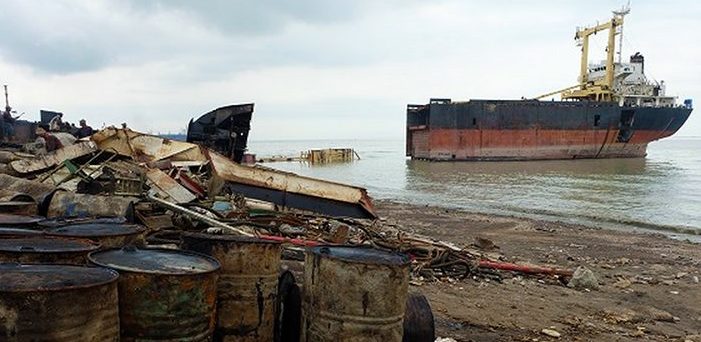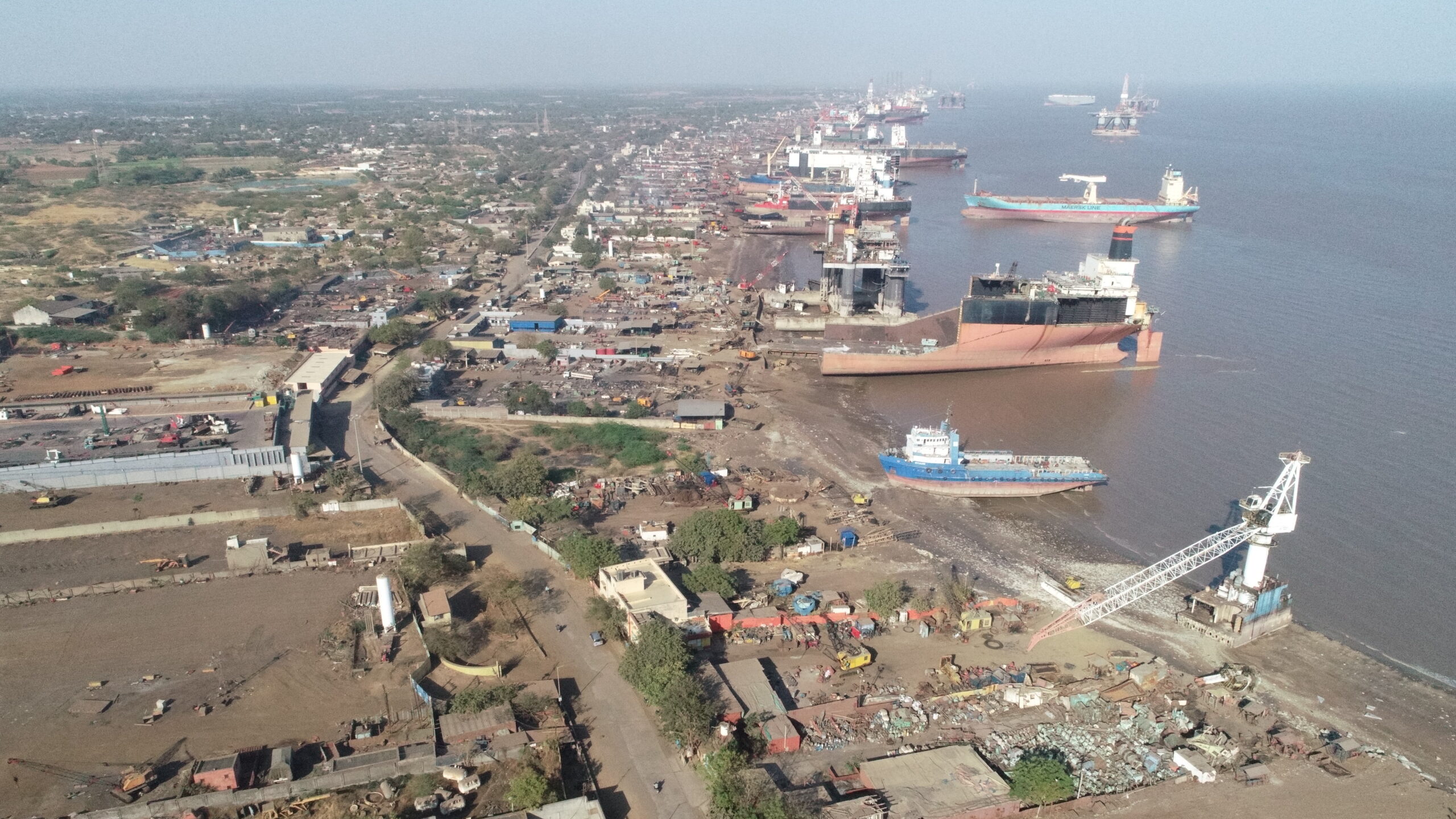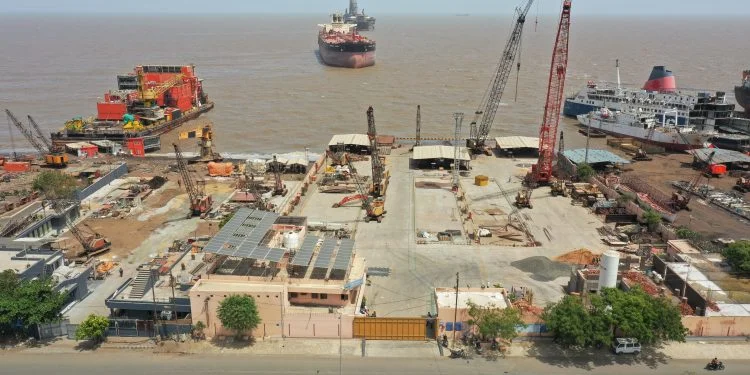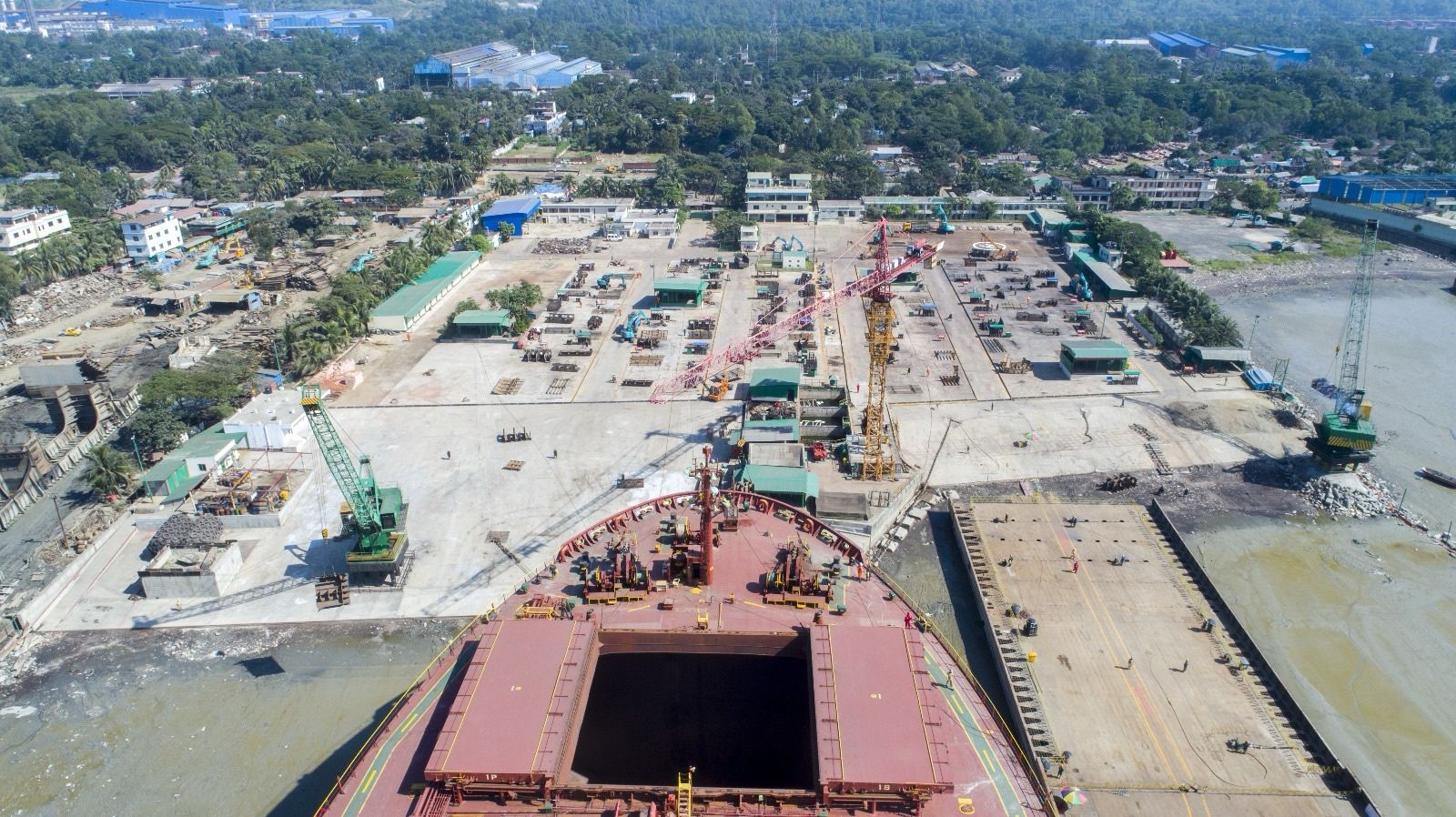Ship Recycling After the Hong Kong Convention: What Comes Next
Mr. Gaurav Sanjay Mehta –
Director
(Best Oasis & SPM Shipping)
With the Hong Kong International Convention for the Safe and Environmentally Sound Recycling of Ships (HKC) now in force as of 26 June 2025, the ship recycling industry enters a new and much-needed phase. After years of debate, development, and delay, the global maritime community finally has a shared standard for how ships must be dismantled safely, responsibly, and with full accountability.

The Convention is not just a technical framework. It represents a shift in mindset. For shipowners, it signals that the time to take recycling seriously is no longer in the future. It is now. For recycling yards, it brings a level of scrutiny and expectation that will separate those who are prepared from those who are not.
Under the HKC, all ships over 500 gross tonnes must carry an Inventory of Hazardous Materials (IHM). New ships must be built with one in place. Existing ships have until 2030 to comply. Yards must undergo regular audits and operate under detailed safety and environmental protocols. These rules are no longer voluntary. They now form the minimum standard.
This creates a major shift in how ship retirement will be handled globally. It also raises important questions. Are enough facilities truly prepared to recycle ships to the required standard? Do shipowners understand their new obligations, and are they planning far enough ahead? What happens when capacity tightens as compliance becomes mandatory?
Over the next decade, the demand for recycling is expected to double in scale. BIMCO projects that more than 16,000 vessels will need to be dismantled by 2035. That means a sharp increase in volume. Only those yards that are certified and operationally ready will be able to meet this demand.
This makes planning and transparency essential. Shipowners can no longer treat recycling as an afterthought. Those who fail to prepare will likely face higher costs, limited yard availability, or regulatory consequences. Compliance will not only be enforced by classification societies and flag states. It will also be expected by charterers, financiers, and other stakeholders focused on environmental, social, and governance performance.
The good news is that the groundwork has already been laid. Several facilities, particularly in South Asia, have spent the last decade upgrading infrastructure, improving worker welfare, and aligning with global standards. These yards have impermeable flooring, contained drainage systems, hazardous material handling procedures, and clear documentation. Their readiness will be critical in supporting responsible recycling at scale.
Much of this progress was made possible by the foresight of leaders who believed in change well before it was required. One of those leaders is Mr. Sanjay Mehta, the founder of Priya Blue and a respected figure in the ship recycling industry. Long before global conventions came into force, he championed the idea that ship recycling could be clean, safe, and transparent. His vision helped shape the path that many responsible yards follow today, including our own. His commitment to higher standards laid a strong foundation not just for our group, but for the broader progress we now see across the region.
Yet, there is still a perception gap. Many stakeholders remain unaware of how much has changed. Some continue to rely on outdated views of ship recycling as inherently unsafe or environmentally harmful. The truth is that the industry has moved forward in meaningful ways, and those improvements deserve to be acknowledged.
Best Oasis, as a cash buyer and long-time link between shipowners and certified yards, has seen this transformation firsthand. Since 2010, we have worked closely with shipowners to support recycling decisions that are both commercially sound and environmentally responsible. Priya Blue, our group’s recycling operation, was among the first in India to be certified under the Convention. But many other yards across India, Bangladesh, and Pakistan have also made serious investments in aligning with international expectations.
What the HKC brings now is clarity. The direction is set. The expectations are known. And the momentum for higher standards is no longer optional. It is becoming an essential part of how the maritime industry measures credibility and performance.
We believe that collaboration across the industry will be vital. From shipowners to regulators and from classification societies to recyclers, everyone has a role to play in making this transition successful. Sharing knowledge and practical experience will help raise standards even further and build trust across the value chain.
South Asian recycling yards have already demonstrated what is possible. Many are well-equipped to meet the Convention’s requirements and to deliver ship recycling services that are safe, transparent, and scalable. Their readiness comes at a crucial time, as global demand continues to rise.
This is a defining moment. The Convention is in place. The industry is watching. And the real work begins now.
Author: shipping inbox
shipping and maritime related web portal










